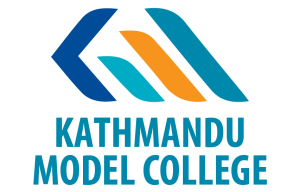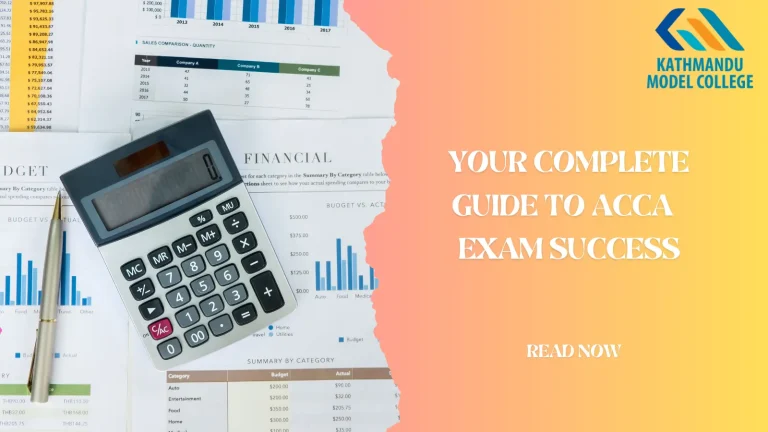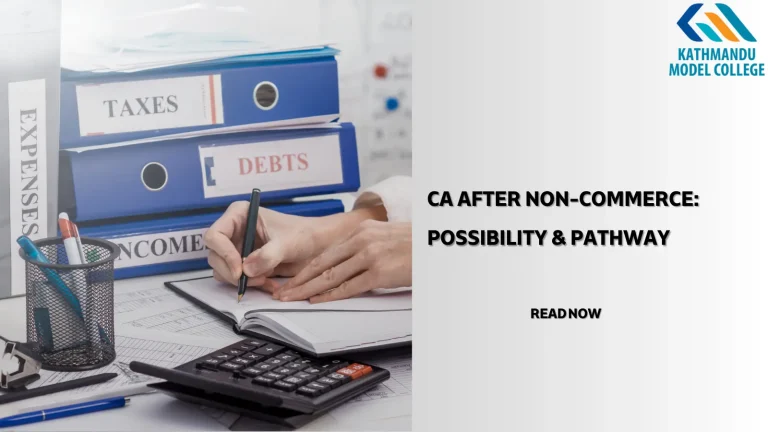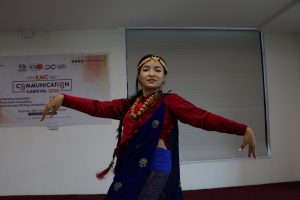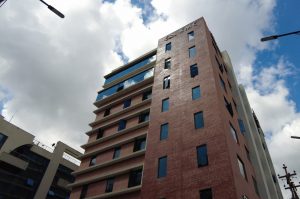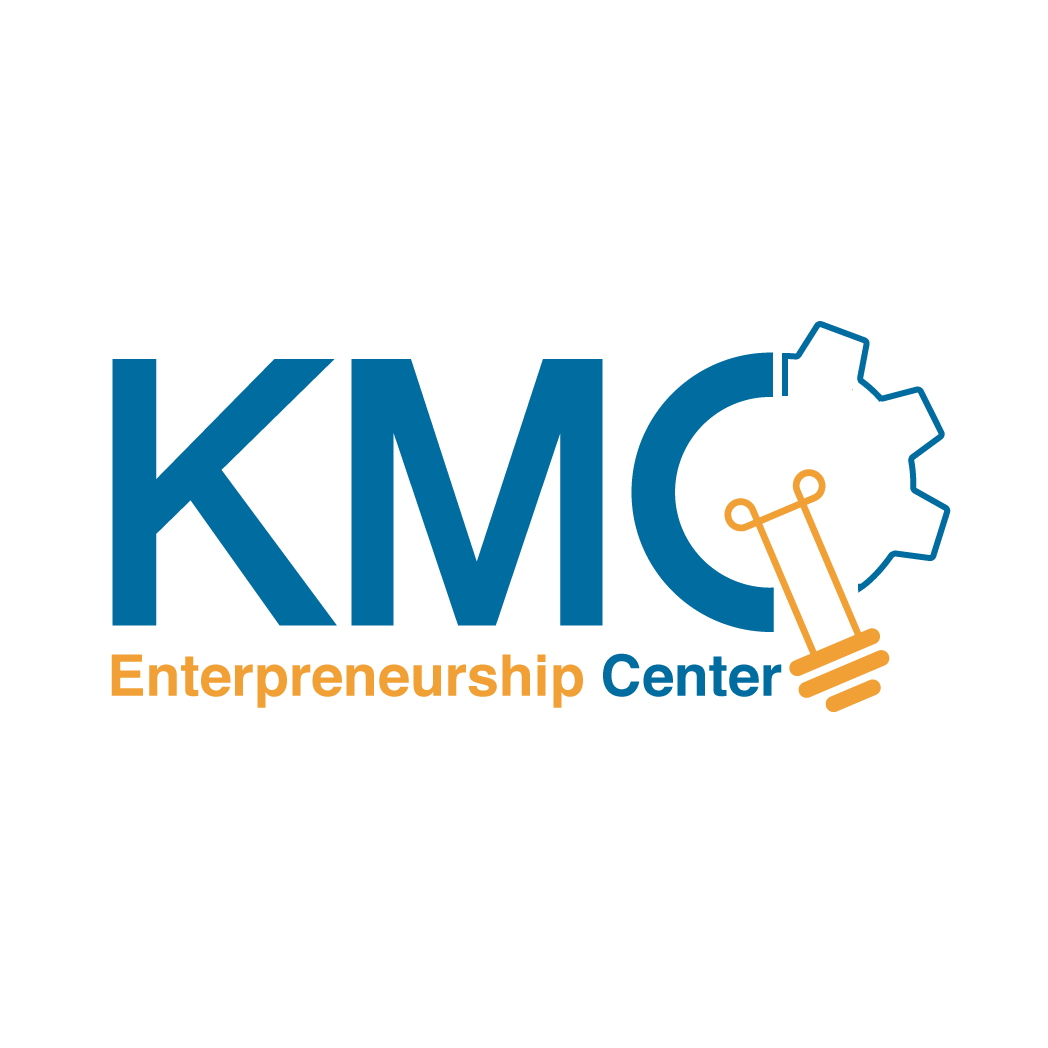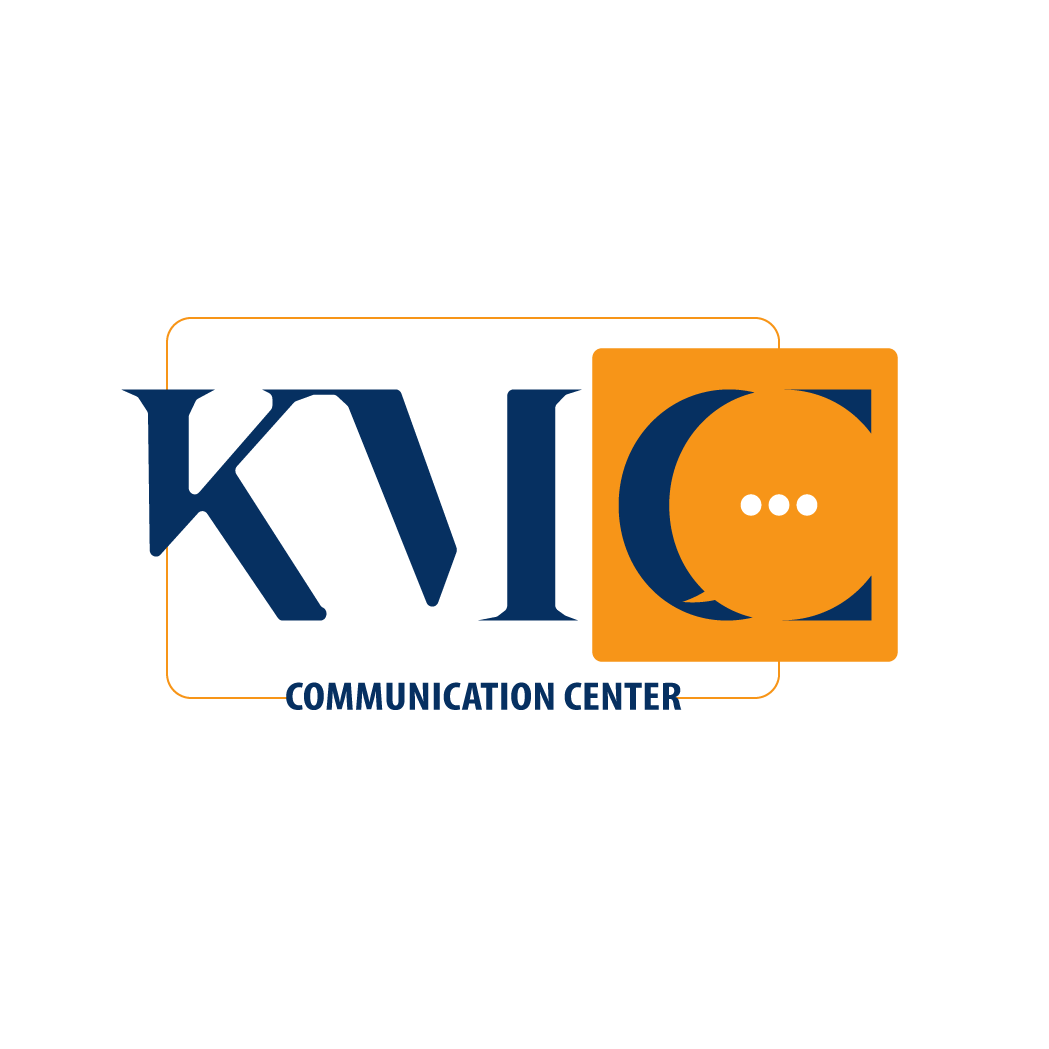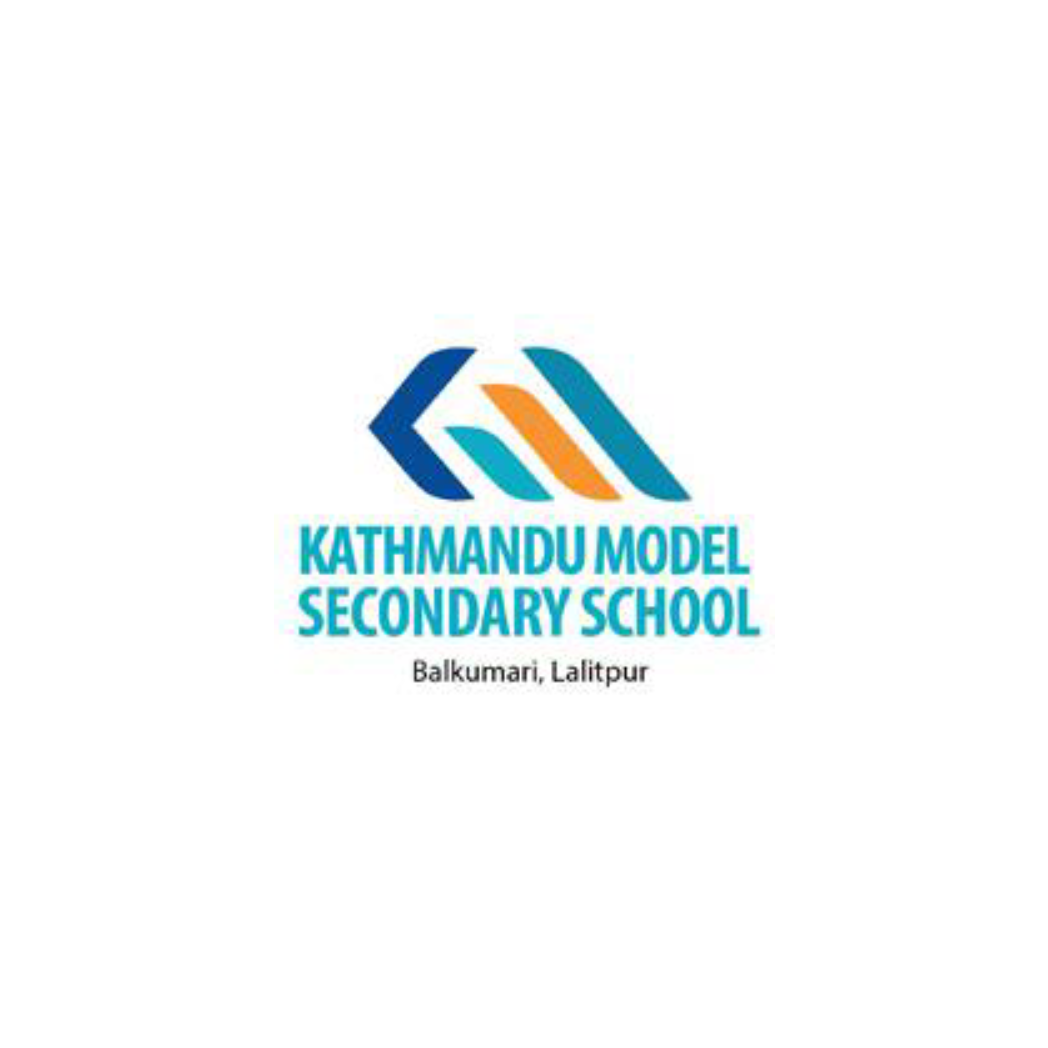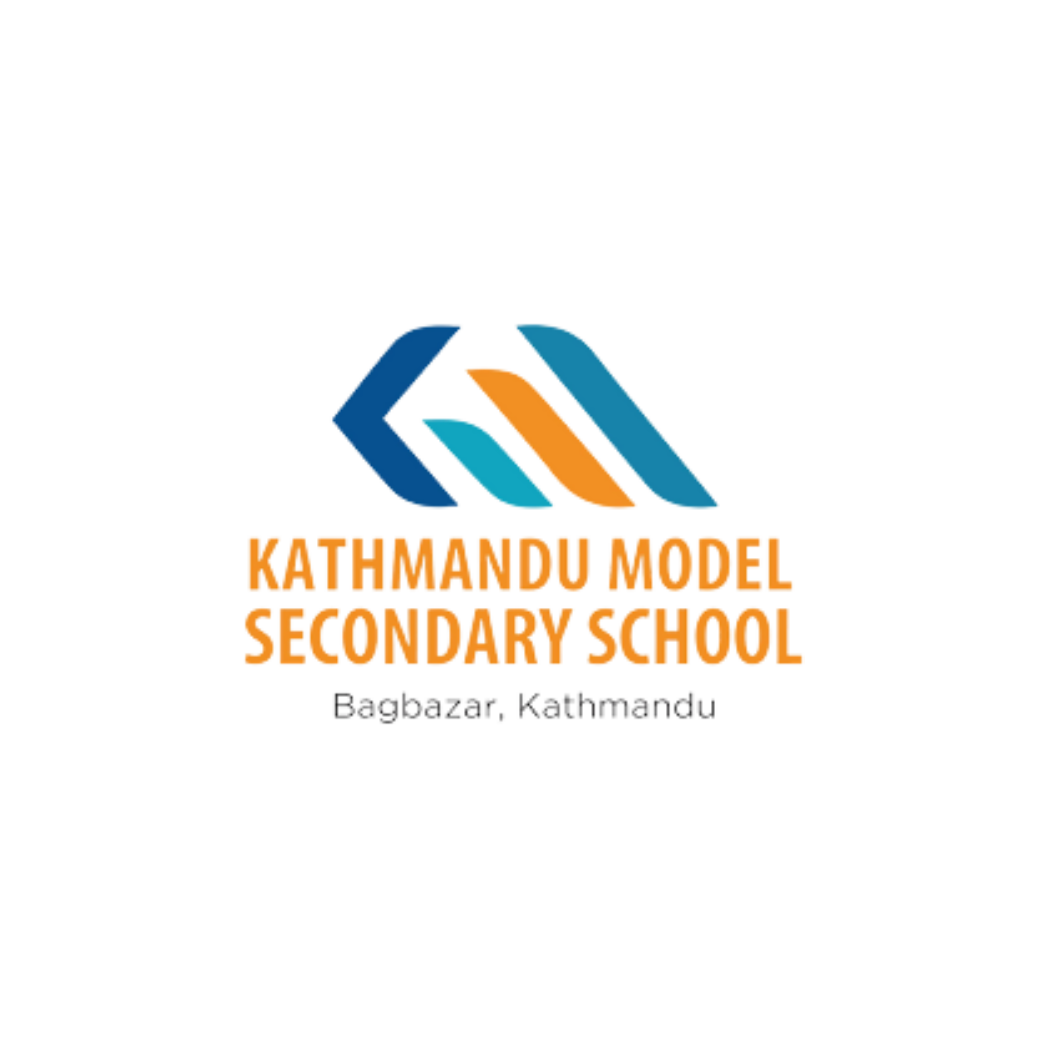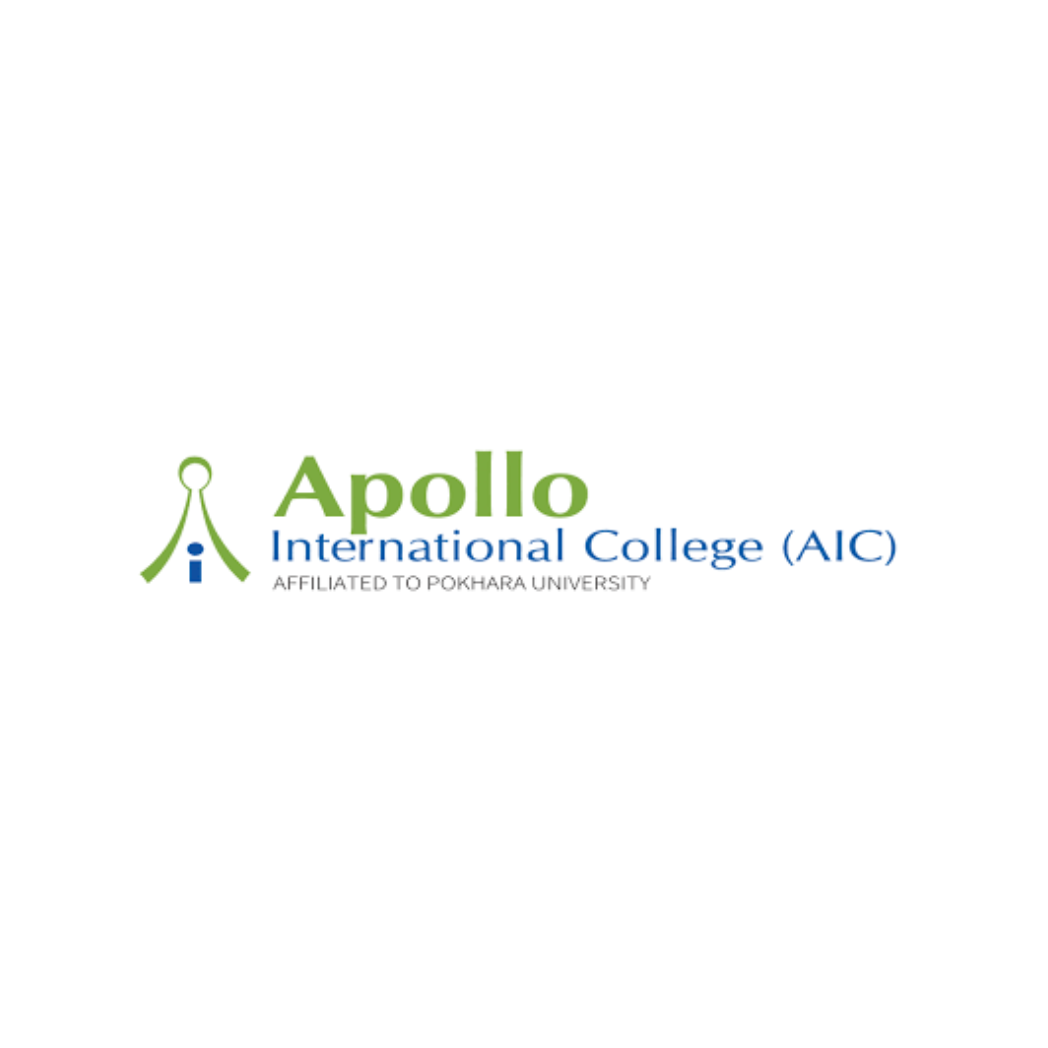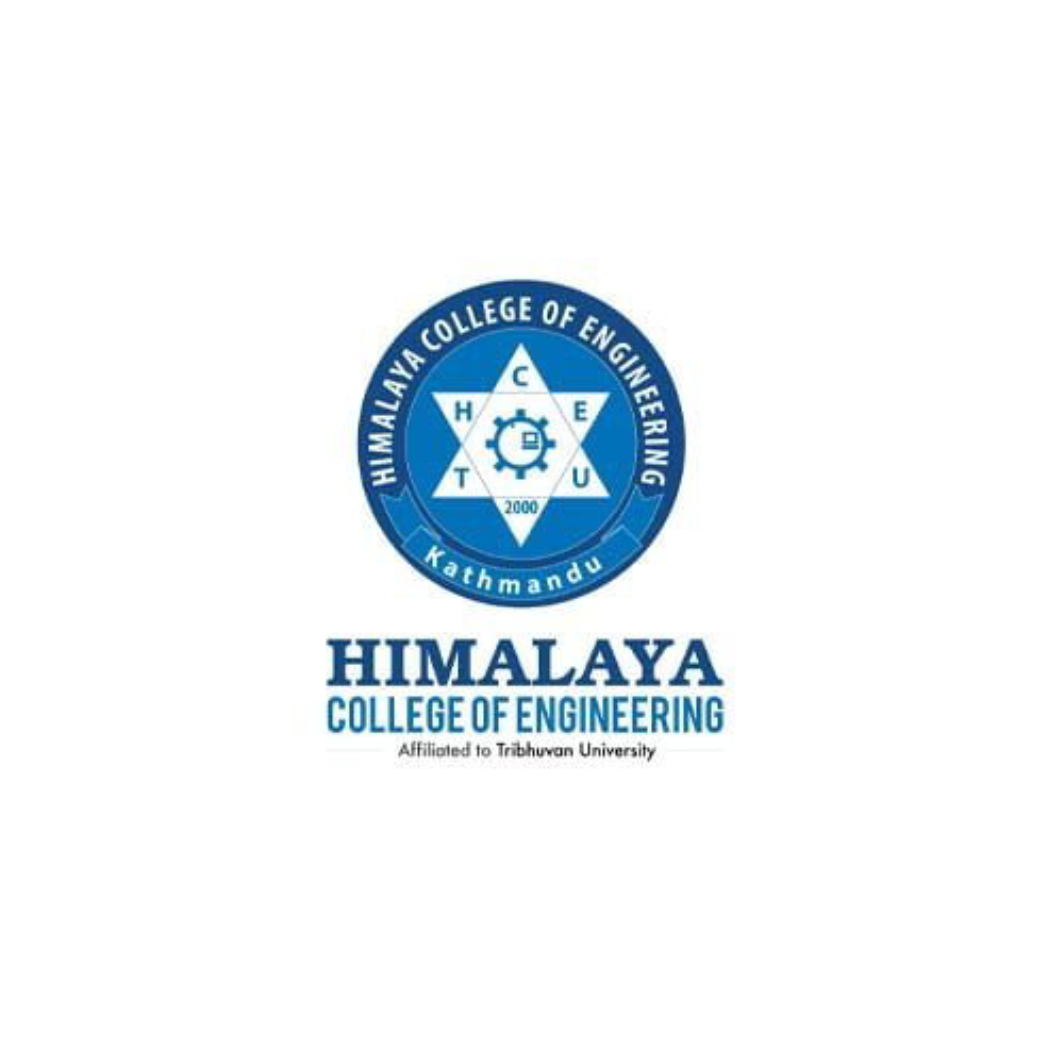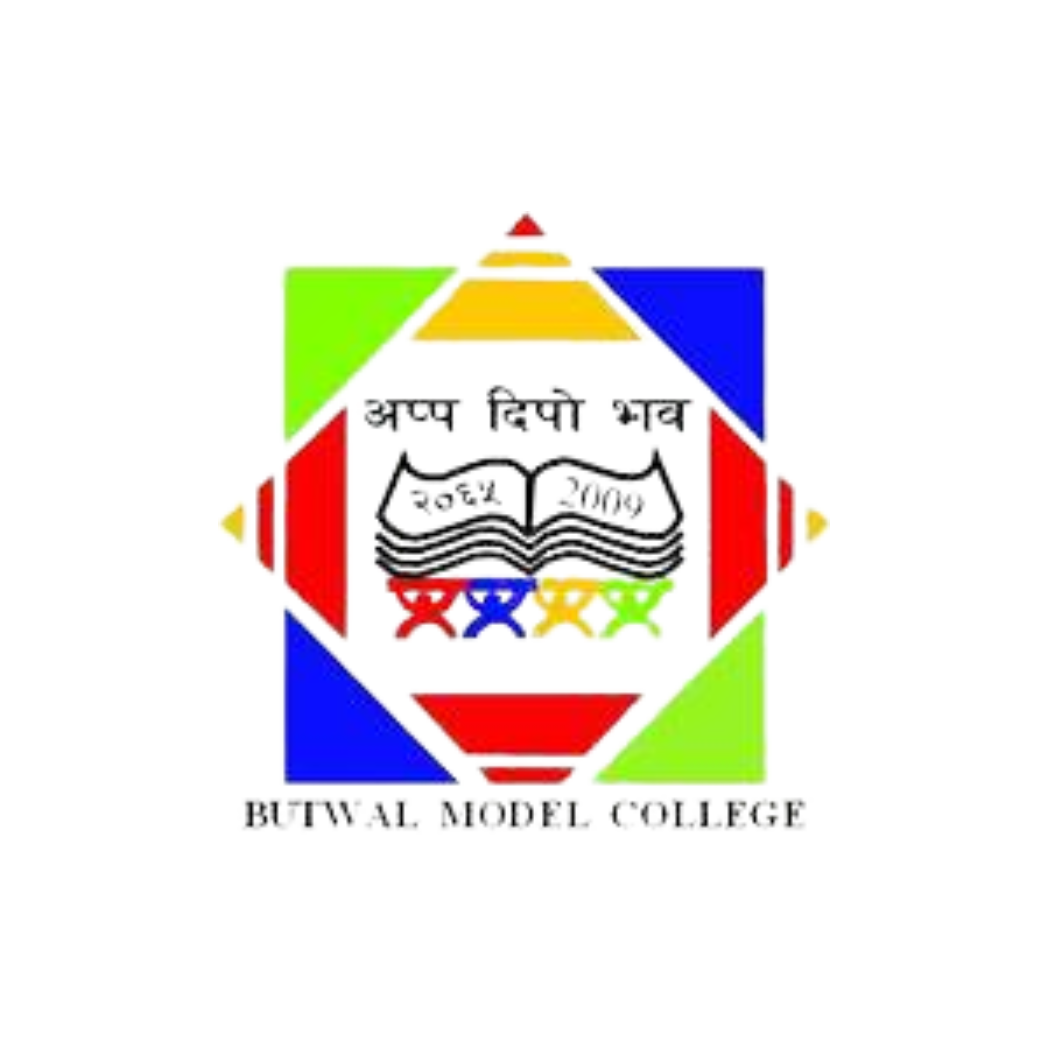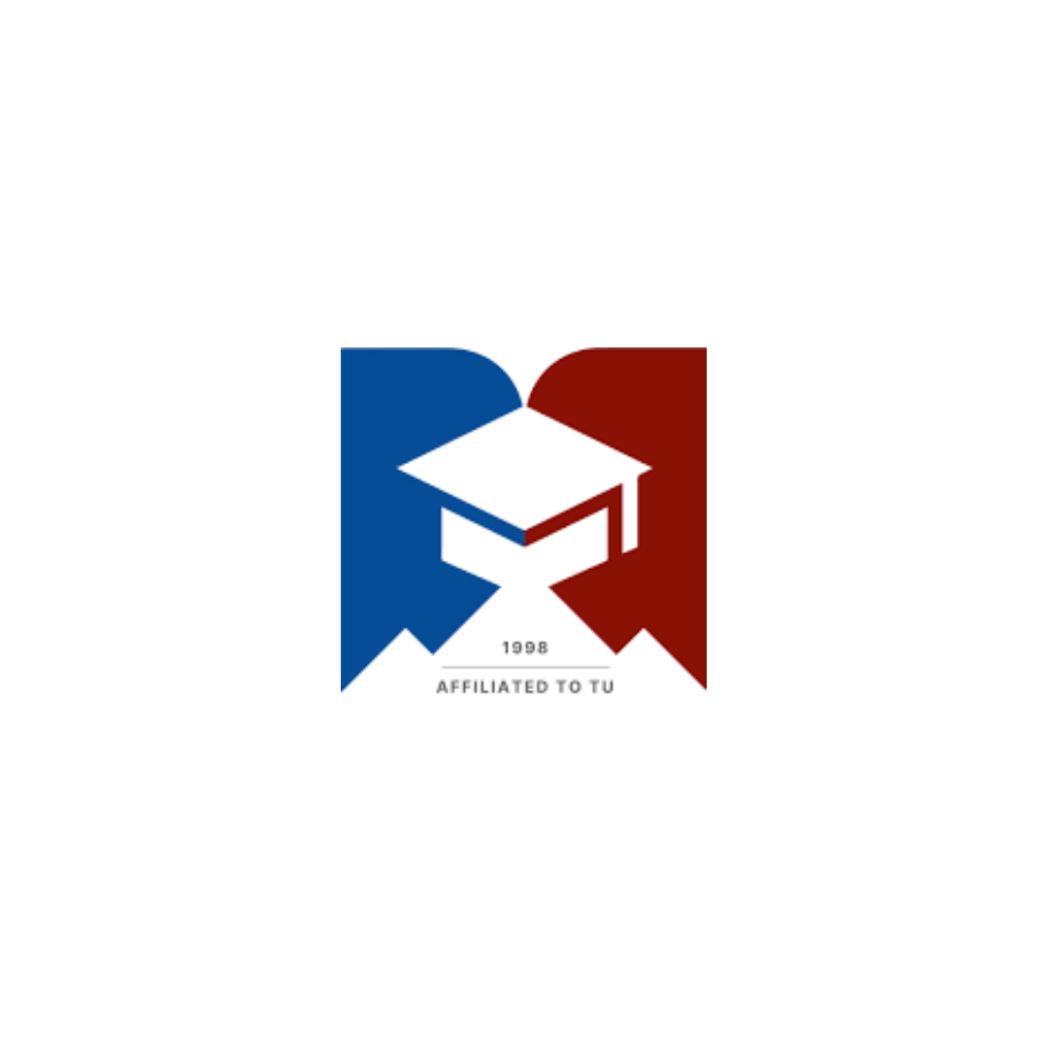
Are You Planning To Study MBS In Nepal? A Complete Guide
Are you ready to take your business career to new heights of success? Then look no further than a Master of Business Studies (MBS) degree.
The MBS program is a two-year master’s degree that provides you with the skills and knowledge needed to succeed in business and management. The program is divided into four semesters. It equips you with the necessary skills and knowledge to excel in the fields of business and management.
The curriculum covers finance, marketing, management, accounting, and human resources. The course’s primary objective is to enhance your research skills and provide you with  theoretical and practical expertise that you can apply in your professional life.
theoretical and practical expertise that you can apply in your professional life.
During MBS program, you will attend lectures, seminars, and workshops, and you will have the chance to learn from guest lecturers who work in various industries. This program can give you the edge you need by combining theory and practical skills to help you handle any challenges and reach your professional goals.
Eligibility Criteria Of MBS In Nepal
- Students must have a BBS program or earn a bachelor’s degree in any other fields
- Candidates must pass the CMAT exam and interview for MBS program admission.
Admission Procedure
If you’re interested in applying for the MBS program at KMC, you’ll need to fill out an application form. The form will ask for your personal information and academic history. Both online and offline registrations are available.
The CMAT application form can be accessed online at www.fomecd.edu.np and www.tudoms.org. Students have to make a payment of Rs. 1,000 to get the CMAT application form. For more information, get in touch with the relevant campuses/colleges or visit the FoM website.
Students can self-prepare by using study materials. They can enroll in an online or offline coaching class offered by different institutions or use an online learning management system (LMS) to prepare for the exam.
CMAT test is similar to the GMAT and GRE, and it will assess verbal and quantitative abilities, as well as knowledge of business and economics, logical reasoning, and general awareness.
There’s no negative marking on the CMAT. The marks are calculated based on their complete correct answer. You should answer all the questions rather than leave without solving them, although the wrong answer does not subtract your marks from the correct answer.
CMAT test consists of 100 questions in total, with 20 questions in each section. Students must complete the test within 90 minutes. You’ll need to score a minimum of 40% on the CMAT to qualify for admission.
- Verbal Ability – 20 questions
- Quantitative Ability – 20 questions
- Logical Reasoning – 20 questions
- General Awareness – 20 questions
- Business and Economics – 20 questions
Fee Structure Of MBS In Nepal
The cost of studying for a MBS in Nepal can range from NPR 100,000 to NPR 3 lakh.
MBS Syllabus In Nepal
MBS First Semester
Subject code | Subjects | Credit hours |
MKT 511 | Marketing Management | 3 Cr. |
ECO 512 | Managerial Economics | 3 Cr. |
MSC 514 | Statistical Methods | 3 Cr. |
MGT 515 | Organizational Behavior | 3 Cr. |
MGT 519 | Managerial Communication | 3 Cr. |
MBS Second Semester
Subject code | Subjects | Credit Hours |
FIN 510 | Financial Management | 3 Cr. |
MGT 513 | Human Resource Management | 3 Cr. |
MSC 517 | Production and Operations Management | 3 Cr. |
ACC 517 | Management Accountancy | 3 Cr. |
MGT 518 | Business Environment | 3 Cr. |
MBS Third Semester
Code | Subjects | Credit Hours |
ACC 519 | Accounting for Financial and Managerial Decision and Control | 3 Cr. |
MSC 521 | Research Methodology | 3 Cr. |
MGT 522 | International Business | 3 Cr. |
MGT 524 | Entrepreneurship | 3 Cr. |
MGT 523 | Strategic Management | 3 Cr. |
MBS Fourth Semester
Code | Subjects | Credit Hours |
MGT 525 | Dissertation | 6 Cr. |
| Specialization Course | 6 Cr. |
Scholarships And Financial Aid
Out of all enrolled students in departments or colleges, a total of 15% are eligible for free tuition. However, scholarships are only granted to those who have completed their SLC from community schools and their bachelor’s degree from either Tribhuvan University constituent or community colleges.
The scholarship quota is divided based on the inclusive quota and distributed in the first semester according to entrance exam marks. The other three scholarships are awarded based on previous semester scores.
If a semester batch has more than ten students, both male and female students are awarded a stipend of Rs. 9000. If there are less than ten students, only one student will receive the stipend based on merit.
Each student is entitled to only one scholarship. Students who fail any exams are not eligible for scholarship consideration. The student who receives free tuition will receive a refund of the tuition fee based on the admission receipt. One student from the children of land donors or donors will receive free tuition (only tuition fee).
Career Prospects And Job Opportunities
Students can opt for higher education, such as a Ph.D. in management, or explore different career paths in sectors like banking and finance, corporate houses, marketing and advertising companies, NGOs and INGOs, as well as the hotel and tourism industry.
Additionally, they can assume leadership positions in various organizations, including IT companies, hotel industries, manufacturing companies, healthcare and educational institutions, and more.
There is a high demand for MBS graduates in various areas of society.
The job prospects for MBS graduates include roles such as administrative assistants and secretaries, financial analysts, public accountants, managers, entrepreneurs, financial managers, business analysts, financial advisors, HR managers, management analysts, professors, business development executives, and NGOs/INGOs managers.
Average Salary
The entry-level salary for freshmen can range between Rs. 17,300 and Rs. 30,000 per month. MBS graduates have the potential to earn a salary ranging between NPR 3 lakhs to NPR 7 lakhs per annum based on factors such as experience, location, and industry.
Challenges And Benefits Of Studying MBS In Nepal
Challenges
- Admission to top MBS programs in Nepal is highly competitive and requires strong academic performance and entrance exam scores.
- MBS graduates may find limited career options due to certain sectors, like high finance and multinational corporations, needing to be fully expanded in Nepal’s growing economy.
- Limited technology resources can negatively affect the delivery of online courses. Similarly, a lack of experienced faculty members could limit the quality of education provided to students.
- Insufficient infrastructure, such as outdated buildings and facilities, could also hinder the ability of a university to provide a comfortable learning environment. Library resources can prevent students from accessing the latest research materials, which is crucial for the development of their academic skills.
Benefits
- MBS programs in Nepal have much lower costs compared to other program like MBA, MBM, etc. This makes them affordable for students from diverse backgrounds.
- Many successful business leaders in Nepal have graduated from MBS programs of KMC. Studying at this institutions connects you with a prestigious network of professionals, providing opportunities for mentorship, career growth, and valuable industry insights.
- Nepal has a lower cost of living compared to other countries. This makes it a good option for students with varying financial backgrounds who want to focus on their studies without worrying about high expenses.
- Students are required to conduct research and analyze complex business issues. This helps them qualify for international conferences, consulting jobs, or a Ph.D. program.
- If you have an interest in launching your own business, pursuing a Master’s in Business Administration (MBS) program can provide you with the requisite knowledge and expertise for entrepreneurship. MBS programs can even offer specialized courses or support systems designed for entrepreneurs.
Student Life And Extracurricular Activities
Private colleges offer the Model United Nations program. Under this program, students can take on the roles of delegates, speakers, and chairs. They engage in collaborative discussions with fellow students from diverse backgrounds to deliberate on critical topics and propose viable solutions.
They offer to join clubs, including debate, music, literary, media, computer, robotics, Rotaract Club, research and presentation club, Red Cross Society, and social clubs.
Volunteering with NGOs, organizing blood donation camps, or conducting awareness campaigns on social issues helps you contribute to the community and develop your social conscience.
Students can contribute to the cause by volunteering with non-governmental organizations (NGOs), organizing blood donation events, or raising awareness about important social issues. They can participate in debates and public speaking events to improve their critical thinking and persuasive abilities.
Students will have the opportunity to participate in an art competition, a speech competition, festival programs, quizzes, hiking, talent hunts, industrial visits, counseling sessions, drama competitions, ad competitions, and many more at Kathmandu Model College.
These clubs provide students with an opportunity to get out of their comfort zone, establish new relationships, and pursue their passions. All colleges organize sports week and an annual day to enhance their students’ skills.
FAQs For MBS In Nepal
The Master of Business Studies (MBS) program lasts for two years and is divided into four semesters. It’s a popular choice because it’s affordable, and many Nepalese students enroll in it every year.
KMC is a private college that produces students who get into CEE, IOE, and other renowned institutions with outstanding scholarships. Some of the alumni of KMC are Sunita Dangol, Nabin Bhandari., Pushpa Ghimire, Dr. Suamn Prasad Adhikari, etc.
Students who want to join the Master of Business Studies program must take the CMAT exam. After the exam, the authorities will publish the results on the official website and conduct interviews.
Academic qualifications are needed for MBS program eligibility in Nepal. A student must have a BBS program or have earned a bachelor’s degree in any other field.
Private colleges charge between 4 and 8 lakhs, while government colleges charge around 3 lakhs for the same program.
